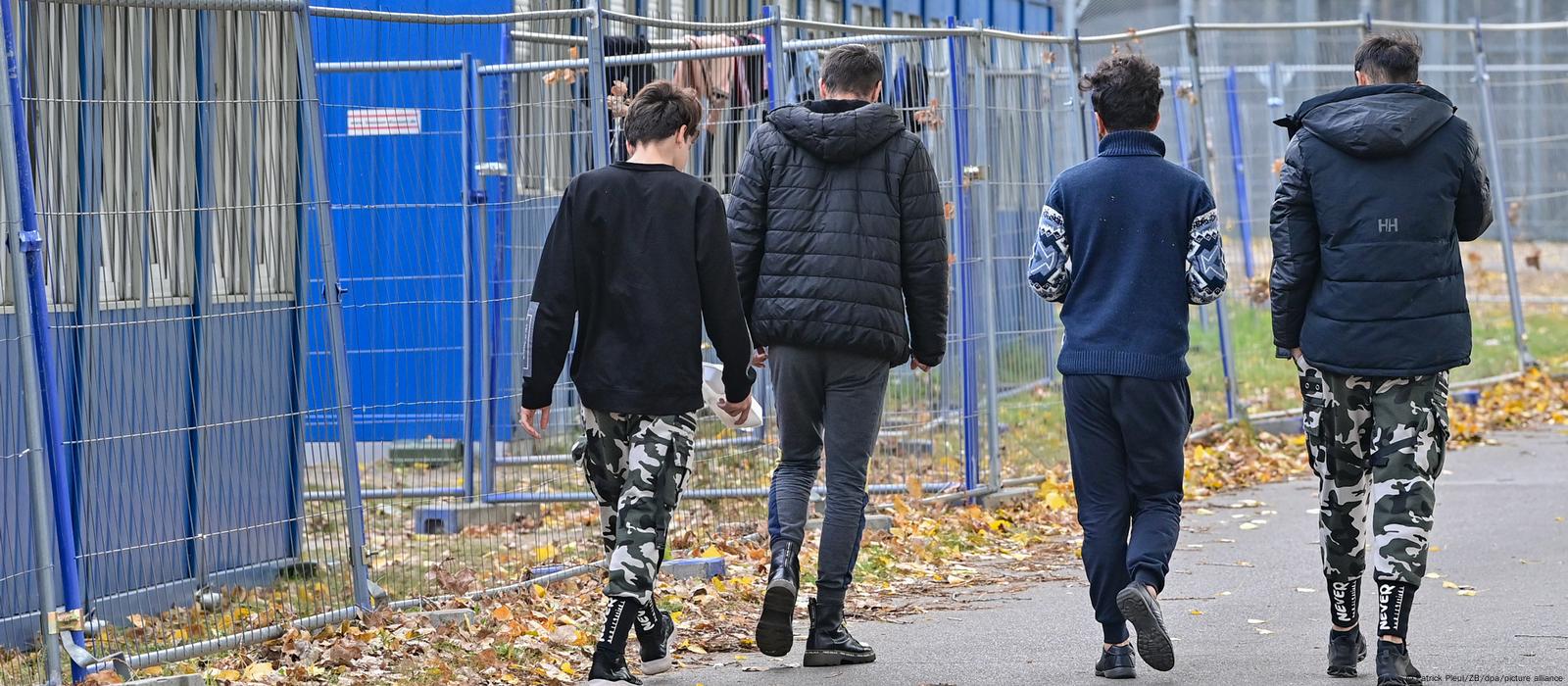
The German government has approved a new package of measures to give asylum seekers and people who hold a temporary tolerance residence permit in the country faster access to the labor market.
Government sources told the media that the ruling coalition, which includes the Social Democratic Party, to which Chancellor Olaf Scholz belongs, and the Green and the Free Democratic parties, agreed on November 1 to amend the current law.
The plans allow people with temporary tolerance permits who must leave the country but cannot be deported for certain reasons to be granted an employment permit as a rule.
German Economy Minister Robert Habeck, from the Green Party, welcomed the Cabinet’s decision. He considered this a way to contribute to combating the shortage of specialized workers. As for Interior Minister Nancy Faeser of the Social Democratic Party, she believes that this would help accelerate integration.
According to the Central Register of Foreigners, about 304,000 people were required to leave the country at the end of 2022, including about 248,000 who held what is called a tolerance permit.
The changes approved by the government include allowing asylum seekers living in initial reception centers to work after only six months.
This was only available to parents with children. Now, single mothers can also work after nine months.
In addition, Achim Dercks, deputy managing director of the German Chamber of Industry and Commerce (DIHK), believes that the reform is useful in light of the shortage of labor and skilled workers. However, rapid start of work can only take place if immigration authorities quickly issue residence documents and work permits.
To achieve this, some measures must be implemented, including developing the administration to become digitized and relieving the burdens on the German authorities by simplifying procedures. “All concerned also need to make decisions more quickly about who has the prospect of staying in Germany and who does not,” Dercks stressed.
According to the Federal Employment Agency, refugees work primarily in the temporary work sector, trade and logistics.





